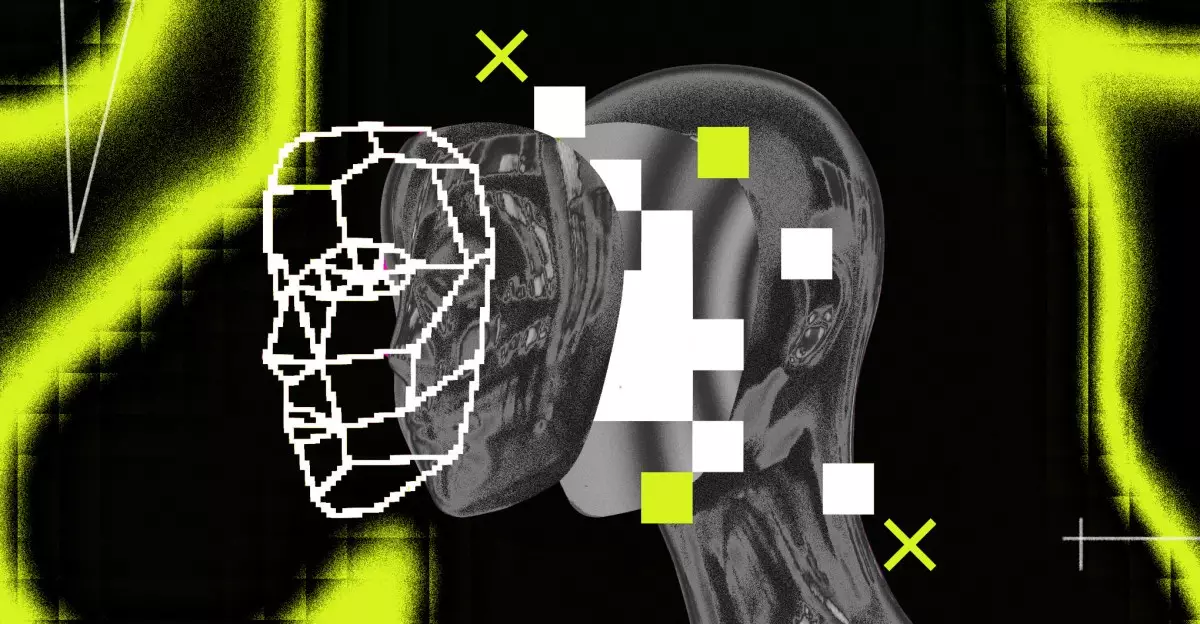The Take It Down Act represents a significant shift in the legislative approach toward online harassment, particularly in response to non-consensual intimate imagery (NCII). Sponsored by Senators Amy Klobuchar and Ted Cruz, the act formalizes previous struggles against cyberbullying and the propagation of revenge porn, effectively pushing for criminal penalties against those who share NCII content. However, while the intentions behind this law are noble—in that it aims to protect individuals from the devastating consequences of such actions—the potential for abuse looms large, particularly in the hands of those who wield political power like former President Donald Trump.
As technology continues to evolve, so too does the complexity of issues surrounding personal privacy and safety on the internet. With the rise of deepfake technology, which enables the creation of convincingly altered videos and images, the urgency to combat NCII grows. The Take It Down Act mandates that platforms must remove such content within a 48-hour timeframe or face significant fines, indicating a robust effort to hold companies accountable. But while these stipulations aim to penalize offenders and protect victims, they also present a precarious opportunity for manipulation.
The Threat of Weaponization
The crux of the issue revolves around the potential for this law to be weaponized against political adversaries. Adi Robertson astutely argues that empowering an administration with tools to regulate online speech can lead to disastrous consequences, especially under a leadership that has demonstrated a proclivity for selective enforcement. Here, the concern extends beyond the act’s intent; it’s about the implications of how such a law could be interpreted and enacted in practice.
Under Trump’s previous administration, we witnessed a chilling engagement with social media platforms, characterized by intimidation and the public vilification of journalists and critics. The fear is that with the Take It Down Act, the Trump administration could selectively target those who dissent or oppose his narrative while providing protection for those aligned with him—effectively creating a dichotomy of freedom and oppression within the digital space. Those deemed “friends” of the regime, like high-profile figures such as Elon Musk, might escape scrutiny, while adversaries might find themselves facing legal repercussions under the same set of rules.
The Chilling Effect on Speech
With the prospect of such power concentrated in the hands of a leader known for his contentious relationship with media and dissenting voices, the underlying principles of free speech and the pursuit of justice become seriously threatened. Political entities engaging in such regulation could induce a chilling effect, wherein individuals shy away from expressing legitimate criticism for fear of being branded as violators of the law. The precedent set by the Take It Down Act could encourage a culture of self-censorship, undermining the very foundations of democratic discourse.
Moreover, it’s essential to acknowledge the historical context in which this discussion takes place. The landscape of online speech regulation is already fraught with complexities, with varying interpretations of what constitutes free speech versus harmful content. In wielding laws like the Take It Down Act, the opportunity to navigate these murky waters becomes even more precarious when considering actors who are not guided by principles of fairness or equality.
The Need for Responsible Governance
The essential question remains: what mechanisms exist to ensure responsible governance with regard to regulations like the Take It Down Act? As technology rapidly progresses and increasingly blurs the lines between reality and digital manipulation, legal frameworks must also evolve. However, they must do so with a keen awareness of the implications of regulatory overreach. The balance between protection and power is delicate, and missteps could lead to catastrophic abuses, as evidenced by previous instances of political maneuvering in the digital realm.
In wrestling with the moral implications of these technologies and policies, it’s crucial for lawmakers to prioritize transparency and accountability. The dialogue surrounding NCII must not only consider the victims of these acts but also engage substantively with the power dynamics at play in the dissemination and enforcement of such laws. With the stakes so high, it is incumbent upon society to fend off the encroaching shadow of censorship and advocate for protections that genuinely serve the populace rather than stifle dissent.

